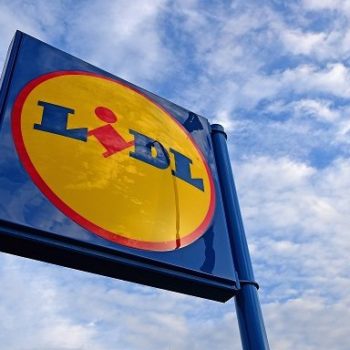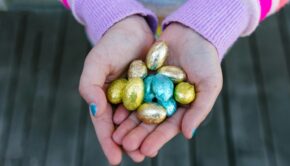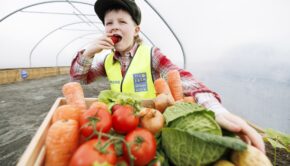Lidl removing non-recyclable black plastic from fruit and veg

Lidl has announced plans to remove all black plastic packaging from its fruit and vegetable range in all 195 stores in Ireland and Northern Ireland, in an unprecedented move towards removing non-recyclable plastic from its entire product range in the coming years.
9 October 2018
Lidl confirmed it is removing black plastic packaging from its entire fruit and vegetable range across all 195 Ireland and Northern Ireland stores before Christmas. The carbon pigment used in this type of packaging means it cannot be recycled in Ireland or the UK at a time when business, government and society has started working overtime to break our addiction to plastic.
Lidl’s move is part of a broader plan to remove non-recyclable packaging from stores altogether. The packaging will no longer be used in fish products by February 2019, to be followed by fresh meat, poultry and cured meats by August.
Lidl says that as a results of its decision, 65 tonnes of black plastic waste will be eliminated from circulation.
Meanwhile, the German retailer has announced that it will no longer sell single-use plastic products such as plates, cups and cutlery. Plastic-stemmed cotton buds are also earmarked for removal from stock in the coming months. All these products will be replaced with biodegradable alternatives in due course.
“These are significant steps,” said Lidl’s Ireland & Northern Ireland managing director J.P. Scally. “Sustainability is core to our business and we are proud to continue leading the retail sector in implementing ambitious measures which will deliver real and lasting benefits for everyone.”
Lidl, like many retailers and businesses, has set itself ambitious (and essential) plastic reduction targets including 20% less plastic packaging by 2022 and 100% recyclable own-brand packaging by 2025.



 Print
Print




Fans 0
Followers